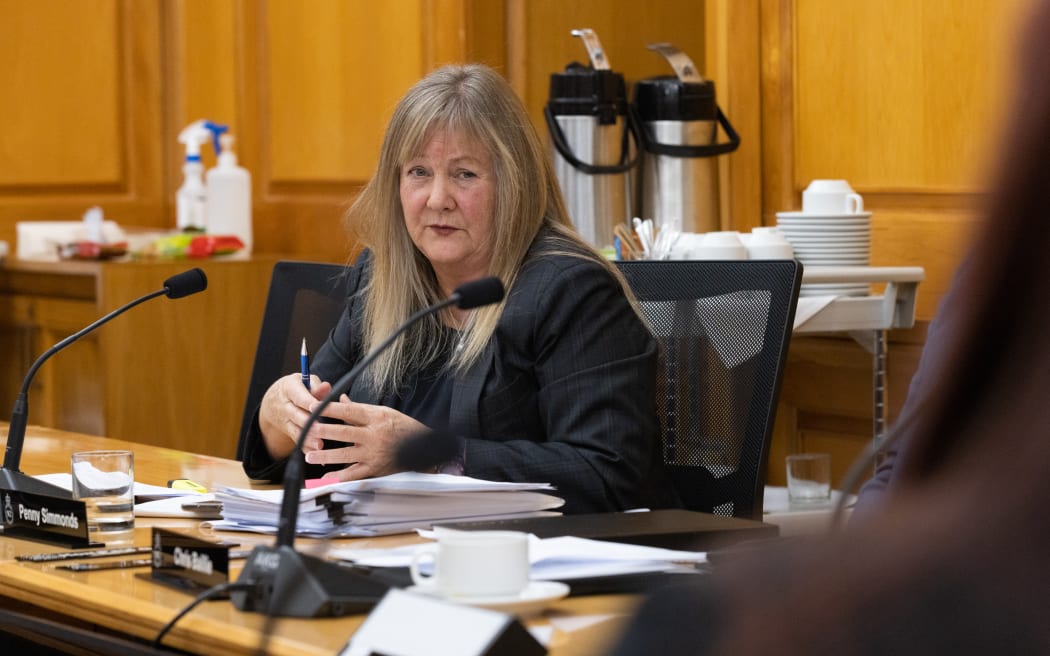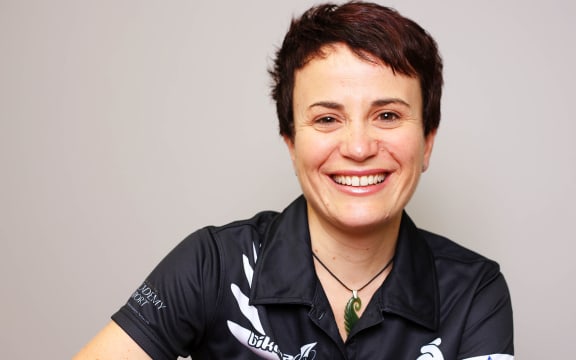We got it wrong on disability announcement - Minister Penny ...
Penny Simmonds says the ministry has received plenty of complaints about the way it handled its announcement. Photo: Phil Smith

Whaikaha, the Ministry for Disabled People has done an inadequate job in conveying changes to disabled people's funding, Minister for Disability Issues Penny Simmonds says.
The ministry has unveiled changes to purchasing rules for disabled people's equipment and support services.
The changes have caused widespread anguish within the disabled community and a petition opposing the changes has attracted more than 10,000 signatures in 24 hours.
Labour's Disability Issues spokesperson Priyanca Radhakrishnan said funding was effectively being cut, the changes reduced flexibility and choice and took the sector back 20 years.
Some feared they couldn't afford to pay for caregivers to travel with them for work and shopping.
However, Simmonds clarified on Morning Report on Wednesday the cuts would not affect those travelling within their community.
She realised there was concern disabled people were worried they wouldn't be able to pay mileage to carers taking them shopping or on other activities "but that's not the intention at all".
The confusion arose because the ministry announced funding will no longer go towards domestic and international travel.
She had spoken to some ministry staff on Tuesday about the need for better communication.
The method - a Facebook post - was an attempt to convey information to everyone in the disabled sector at the same time.
"I absolutely accept that we haven't been clear enough and that people don't want to see things on Facebook to find out the information."
It was a new ministry that had only existed for 18 months and was lacking "depth of experience", she said.
"We have to learn from this."
The cutbacks announced this week were nothing to do with the government's calls for a reduction in public sector spending.
She said the changes were necessary because there used to be no flexibility around individualised funding but during the Covid-19 pandemic flexibility was relaxed.
"Now we're saying we need to recalibrate that and bring it back so there are better guidelines, better criteria, better regulations."
The budget had been overrun with more than $104 million spent on purchasing items so rules needed to be tightened.
"We do have to get rules in place that ensure that funding is going to the person with the disability. That is not diminishing in any way the role of the carers."

While carers had been able to spend money on respite care that would no longer be allowed, she said.
At this stage, she was not blaming the ministry's chief executive for the cost overruns.
Simmonds said funding should not be cut for noise-cancelling headphones and iPads - despite many in the disabled sector now believing they have been excluded.
She had also told reporters at Parliament the previous day that the money to pay for iPads for children with autism had been cut.
"WeIl, in the meantime it is, until we work out how it is going to be set up," she said.
'A challenging set of circumstances'Paula Tesoriero Photo: PHOTOSPORT
Ministry chief executive Paula Tesoriero said the relaxation in the flexibility rules that had applied since the pandemic had now been paused.
Action needed to be taken because the budget had reached a point of not covering "core essential things", she told Nine to Noon.
Affected areas included travel. While travel within the community could continue to be paid for there was "a pause" on domestic and international travel payments as the ministry's budget situation had deteriorated since December, she said.
She refused to confirm equipment such as noise-cancelling headphones and iPads would be paid for despite the minister's claim they should be.
"We're in a situation now where costs are increasing, the number of people are rising and the pressure on this budget is significant."
The ministry had an annual budget of $2.3 billion and was $65m in the red.
Half of the budget is spent to support those in residential settings and spending on flexible payments has doubled to $550m in two years.
Staff would work with the community to try and get the settings right for how spending rules for equipment and modification services would be applied in the future.
"And that's what we're now laser-focused on working with our community to do," Tesoriero said.
An extra 3000 people became eligible for disabled funding each year but its budget was not being increased.
"This is a challenging set of circumstances."
More information would be released on the changes this week before wider consultation started with the community.
Autism New Zealand chief executive Dane Dougan said it was "appalling" there was no consultation with the wider disabled community, and people in the autistic community needed time to absorb the impact of the changes.
While Dougan had expected some review of costs, he said those working in the sector were best placed to advise on how to save money.
"Let's work through this together and as a community, come up with a solution that's not going to negatively affect an entire population of people."
'Simmonds should apologise' - HipkinsLabour leader Chris Hipkins hit back at Simmonds' comments about consulting with the disability community after implementing the changes.
He told Morning Report those caring for disabled people did not deserve to be "kicked around by the government".
"Penny Simmonds should apologise for some of the comments that she's made about the disability community in the last 24 hours. It's just wrong."
Hipkins said the disability community had been under-supported for generations.
"The fact that we did something about that as a government is something that I'm very proud of.
"And if it is ending up costing more than we had originally budgeted, then the government do need to find a way of supporting that rather than trying to cut the support."
Simmonds was informed about the funding shortfall in December, Hipkins said, and it was the government's fault.
"The disability support that we are talking about is far from generous," he said.
"If there is more demand for disability and the planning isn't there for the budgeting support because there are more people with disabilities and needing more support than initially estimated, then we have to find a way of paying for that.
"Simply saying that 'there are too many people ahead you in the queue, therefore you miss out', isn't actually right."

























































